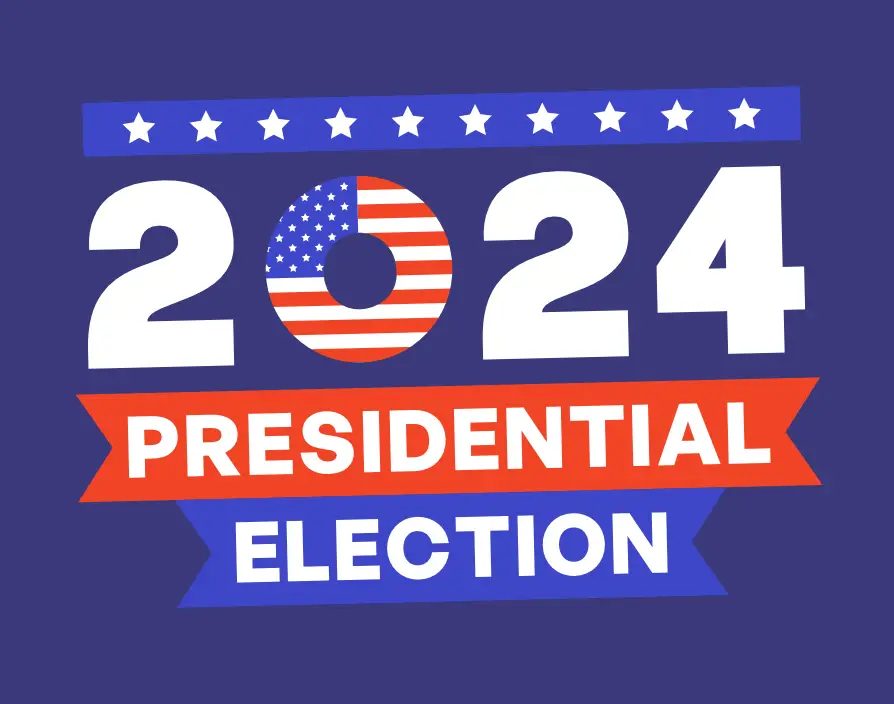As one of Canada’s largest trading partners and a major source of economic and cultural influence, U.S. election outcomes have a ripple effect that extends beyond its borders. For Canadian franchisors, the election results can have profound implications on the franchising landscape in Canada. I know our team has been discussing the election and its’ potential outcome for months with our US Clients coming into Canada, and also our Canadian clients looking south of the border for growth opportunities. From shifts in consumer behavior to changes in trade policies, here’s a closer look at how the U.S. election may shape Canadian franchising trends and what entrepreneurs should keep an eye on.
Key election issues impacting Canadian franchising
While the U.S. election focuses on a variety of domestic issues, several key themes have direct implications for Canadian businesses, particularly in the franchise sector:
Economic policies and trade relations
One of the most immediate areas of concern for Canadian franchisors is the U.S. administration’s stance on trade. The North American Free Trade Agreement (NAFTA), which was replaced by the United States-Mexico-Canada Agreement (USMCA), plays a vital role in the flow of goods and services between the two countries. Depending on the outcome of the U.S. election, changes to trade agreements or tariffs could affect the cost of doing business for Canadian franchisees who rely on U.S. suppliers or sell products into the U.S. market. If the U.S. adopts more protectionist policies, Canadian franchisors may face higher costs, which could be passed on to consumers, affecting profitability.
Tax and business regulations
U.S. tax policies often have a direct impact on international business operations. Any significant changes in corporate tax rates or regulations in the U.S. could influence Canadian franchises with cross-border operations or those looking to expand into the U.S. market. For instance, a more business-friendly tax regime might make it easier for Canadian brands to set up operations south of the border, while stricter regulations could deter expansion efforts.
Consumer confidence and spending
The outcome of the U.S. election can also influence consumer sentiment, which often affects spending habits. A change in leadership could shift the economic climate in ways that impact consumer confidence, affecting demand for products and services across both the U.S. and Canada. In times of economic uncertainty, consumers may become more price-conscious, which could push Canadian franchises to adapt their offerings, improve value propositions, or adjust their marketing strategies.
Trends to watch for in Canadian franchising
Franchise expansion and adaptation
The political and economic climate in the U.S. could inspire Canadian franchisors to rethink their expansion strategies. If the U.S. economy is growing and consumer confidence is high, Canadian brands may look to expand southward, tapping into the U.S. market for growth. Conversely, if U.S. policies become more restrictive or the economy slows, Canadian franchises may focus more on domestic growth, enhancing operations and increasing their presence within Canada.
Cross-border supply chain changes
Trade agreements and economic policies will also have a significant impact on supply chains. Canadian franchisors with U.S.-based suppliers may face increased costs due to tariffs or changes in trade rules. It’s important for Canadian franchisees to monitor any trade disruptions and find ways to adapt, whether by diversifying their supply chains or sourcing more products locally.
Technological and digital innovation
Regardless of the election outcome, both Canada and the U.S. are increasingly turning to digital solutions to streamline operations, improve customer experience, and reduce costs. Franchisors in Canada will need to stay ahead of technological advancements in order to remain competitive, especially if U.S.-based competitors ramp up their digital offerings.
Summary and conclusion
The U.S. election can have a lasting impact on Canadian franchising trends, particularly through changes in trade, tax policies, and consumer confidence. Canadian franchisors should remain agile and stay informed about the potential shifts in the political and economic landscape. Key areas to watch include expansion opportunities into the U.S., the evolution of cross-border supply chains, and the adoption of technology to stay competitive.








